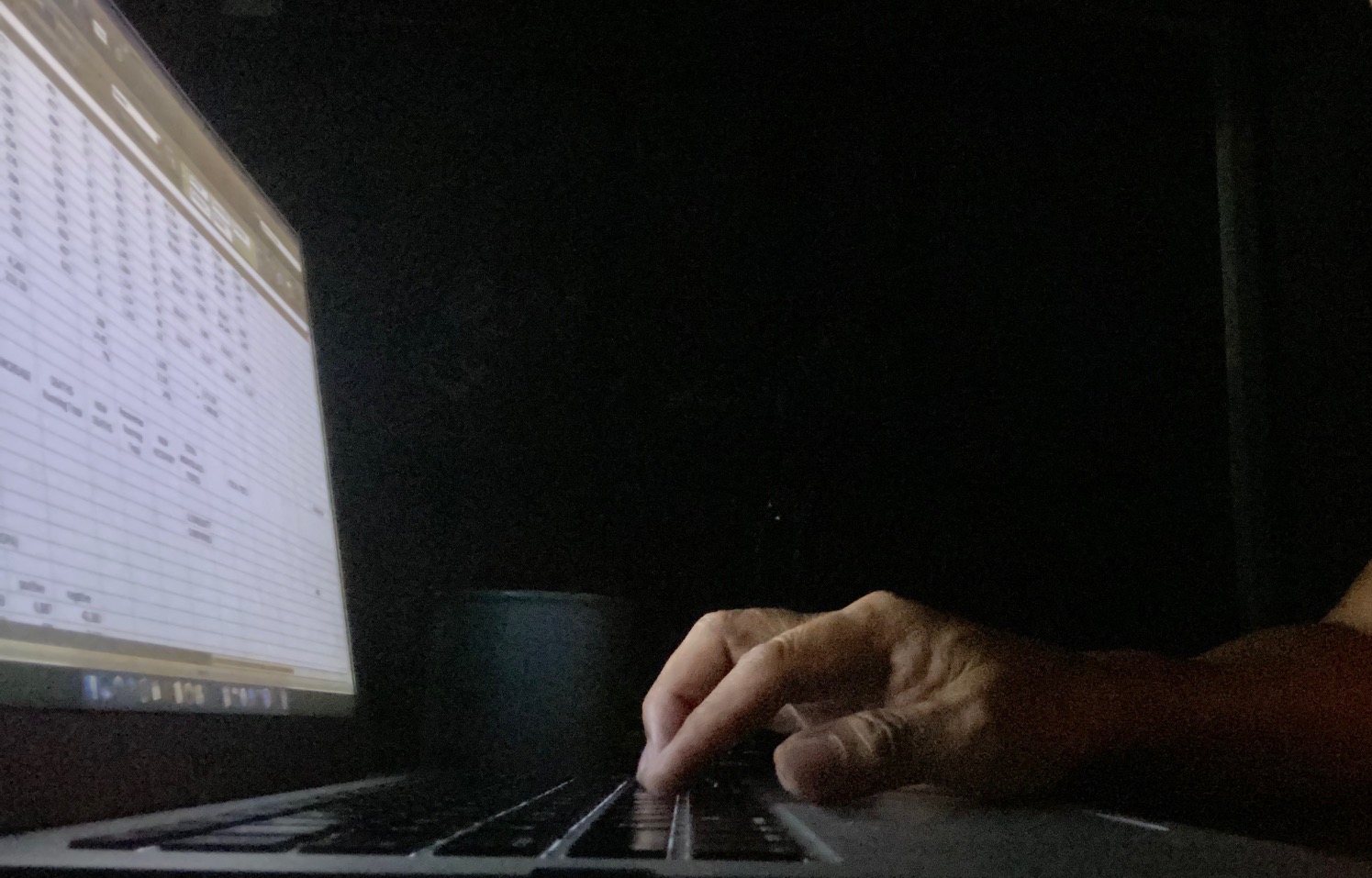In an already politically charged situation where the COVID-19 crisis is testing the limits of everybody’s tolerance, the court decision to convict Rappler’s Maria Ressa and former writer Reynaldo Santos Jr is providing another divisive narrative.
The ink in the signature of Manila Regional Trial Court Judge Rainelda Estacio-Montesa has barely dried and already, many journalists and critics of the administration are crying it is the beginning of the death of press freedom in the country.
It did not help that Rappler, which published the story in 2012, is also one of the staunch critics of the Duterte government. That makes the press freedom more compelling as a narrative.
Ressa and Santos were sentenced to a minimum of 6 months up to 6 years of imprisonment and they were ordered to pay a total of P400,000 in moral and exemplary damages.

Their lawyers quickly served notice the two journalists will file motion for reconsideration.
As a receiving end of two libel complaints myself, the stress and the hassle of facing a criminal offense and the prospect of ending up in jail in the exercise of your profession as a journalist are no laughing matters.
Although many of those who came before us would proudly say libel is your rite of passage and badge of honor. Libel cases definitely come with the territory.
Is libel the enemy of press freedom?
Or are our libel laws abridges to press freedom?
Lawyer Franklin Gacal Jr, a co-accused in one of the 2 libel cases I was sued for, is firm that libel is not a protected speech.
Yes, the right to sue for libel is a right to redress of grievance by any person, private or public, who is wrongly portrayed in a story or an article published or printed by the press. The country’s libel laws have been expanded to include cyber libel, which previously was not included in the Revised Penal Code. Libel laws, in effect, are legal protection for people or person against malicious publication that even the United Nations recognizes.
I am a firm believer of every right as enshrined in the Bill of Rights in our Constitution – the freedom of the press included. But I also will defend the right to redress of grievance by any individual or group of persons.
Whether one commits libel or not is an issue that is best resolved by both parties. Or with the intervention of the court.
My take on the issue however is that our libel laws are archaic and should not be included as a criminal offense.
Nobody should be held in prison for exercising press freedom. But one should be ready to face civil liabilities for the consequence of a libelous act.
A word of caution, not all libelous publications are in pursuit of press freedom.
Yes we will defend press freedom but, in so doing, we will not also forget the right of persons and individuals who may be unfairly pictured and boxed in a story.
The press cannot act as the arbiter when an issue arises between one or several of its members and an individual, especially when both parties had already submitted themselves to the jurisdiction of the court. Now, it is of course another matter if the court decision is one that is assailable and cannot stand scrutiny.
Let Ms. Ressa and Mr. Santos contest their conviction until it reaches the Supreme Court. They have the right to avail of the remedy as provided by our laws.
Simplifying and dichotomizing libel conviction as abridging press freedom is a disservice to the very freedom we want to protect.


